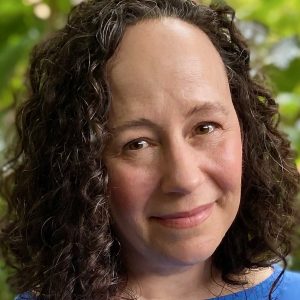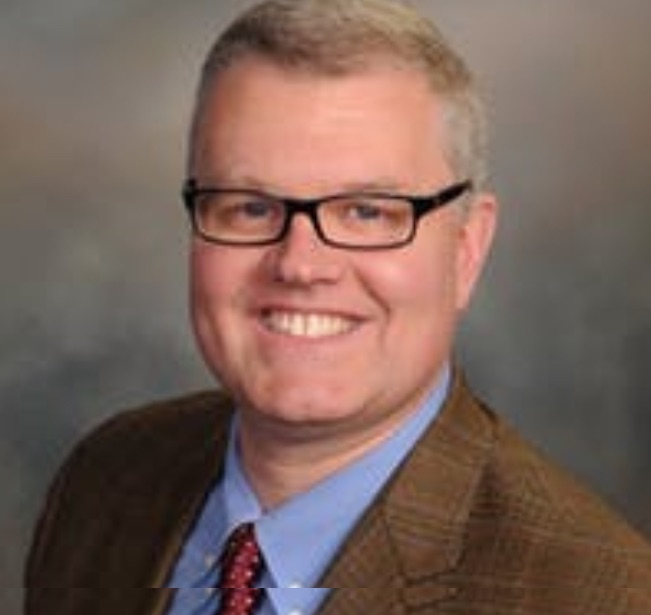
Speaker: Matt Bornstein-Grove
Historical chronology is a powerful organizing principle for a social studies course. It orders content, suggests connections, and allows students to see relationships. But what if you’re designing a unit or lesson that relies on the other social science disciplines? Or constructing a course composed of multidisciplinary case studies? Does abandoning chronology lead to a messy, incoherent student learning experience which lacks depth?
In this session, we will explore another way to build coherence, by using overarching concepts and Enduring issues. Participants will examine both teacher and student work, as well as think about the concepts and issues that could form throughlines in their own curriculum.


Join Matt Karlsen and Susan Harris MacKay at the live panel to discuss the insights from their three pre-recorded sessions.


Playful inquiry isn’t something teachers do to children, nor is it something children do apart from teachers – it requires adults who are in playful inquiry right alongside them. In this, the third part of the series, we’ll focus on the role of the teacher as researcher.
* This session is part of a series of three pre-recorded sessions, followed by a live discussion panel. Sessions will be available on March 11 and you can watch them in your own time. We recommend watching all three pre-recorded sessions before attending the panel. *


In the second session of the series, we’ll focus on how playful inquiry leads children to see themselves and each other as full participants in a community that identifies problems and imagines greater possibilities.
* This session is part of a series of three pre-recorded sessions, followed by a live discussion panel. Sessions will be available on March 11 and you can watch them in your own time. We recommend watching all three pre-recorded sessions before attending the panel.*


In this pre-recorded session – the first of a series – we’ll think about how playful inquiry provides the conditions that support young people to cultivate the habits and dispositions we need from our loved ones, neighbors, and co-workers.
* This session is part of a series of three pre-recorded sessions, followed by a live discussion panel. Sessions will be available on March 11 and you can watch them in your own time. We recommend watching all three pre-recorded sessions before attending the panel.*

Speaker: Matt Bornstein-Grove
Taking Informed Action is central to the College, Career, and Civic Life Framework for Social Studies (C3) and also for developing responsible global citizens. It is also a daunting and often overwhelming challenge to bring infomed action to life. In addition to the instructional, curricular, and logistical challenges, there are also many questions about informed action itself: How big should it be? How often should we do it? What counts as informed action? How much choice should students have in the process?
The goal of this session is to provide some tools and frameworks that teachers can use to answer those questions in their specific context. Participants can expect to learn about the C3’s “Understand, Assess, Act” model of informed action and how to apply it to their own classroom. Participants will bring a unit to this session with the goal of integrating informed action.

Speaker: Matt Bornstein-Grove
It is easy to imagine how to use student questions to generate interest and pique curiosity. But how does that translate into an entire inquiry or unit? How can we help students structure, organize, and articulate the way their questions might guide an inquiry? And what do we do with their questions if the inquiry questions are already teacher designed?
In this session, you will consider ways to support students in not only asking questions, but in using them well throughout an inquiry or unit.
Participants will get a chance to examine student questions and the logic behind them as they consider how student questioning might play a bigger role in their lessons and units.

Speaker: Scott McLeod

Speaker: Scott McLeod

Speaker: Scott McLeod
Many schools have created future-ready vision statements and college- and career-ready profiles of a graduate. But most schools still are struggling to transition their day-to-day classroom instruction to include more critical thinking, problem-solving, creativity, and other ‘future-ready’ student competencies in ways that are substantive, meaningful, and aligned to those vision statements and graduate profiles.
